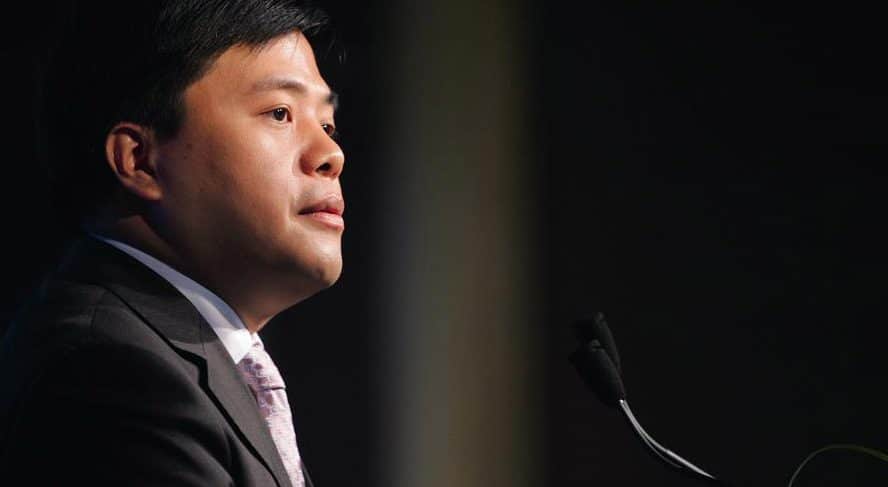
The founder of Shanda Group, Chen Tianqiao, made a $115 million donation last year to the California Institute of Technology (Caltech) for neuroscience research, which was met with widespread criticism in China. The millionaire recently responded to criticisms of his donation, revealing that his contribution to the university’s neuroscience department is simply him trying to do his part to help research on the mechanism of the human brain. Chen describes his donation to Caltech as “giving the ball to the person closest to the front door”, using a football analogy.
When asked about the motivation for his donation, Chen told reporters, “I was not trying to give myself any recognition, nor did I want people to say I am an entrepreneur or a philanthropist. I only did what I thought was the right thing, which was contributing to the research on neuroscience – unlocking the essential mysteries of humankind. For this, I was willing to donate all my money, because in the act of doing so, I felt happier than I ever have.”
Chen’s donation to an American research institute ignited widespread discussion in China, with many arguing that he should have donated to institutes in his own country. When asked what considerations he made in choosing Caltech as a recipient of his donation, Chen told reporters that he favoured institutions that occupied the most optimal and unique positions in the field of neuroscience, while responding to critics that the “lack of funds for Chinese neuroscience is not my fault.”
He shared that his first experience with Caltech was when he saw a video online showing a quadriplegic patient who was enabled to raise a cup of beer to their mouth with the help of an implanted microchip and a mechanical arm. After watching the video, Chen contacted the institute in charge of the project, Caltech, and was told that this kind of treatment costs $1 million per patient.
Chen revealed at a conference this March that he plans to donate $100 million annually to neuroscience research. It is still uncertain however whether this money will be donated to domestic institutes or those in other countries. The millionaire repeatedly told reporters that donations of this kind to neuroscience research are “without borders.”



